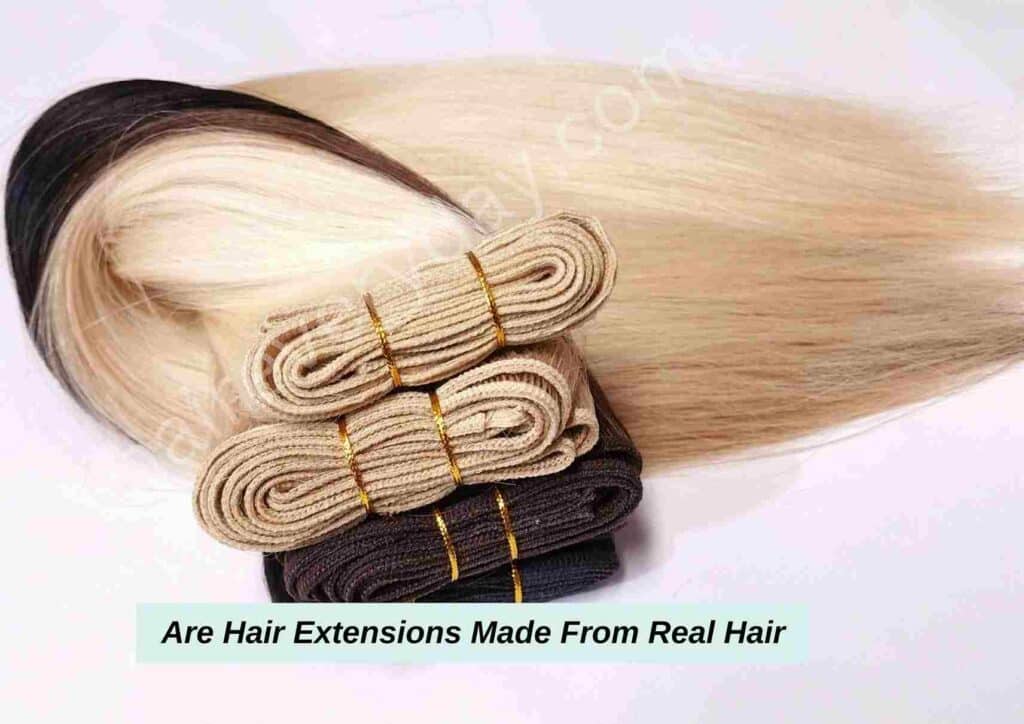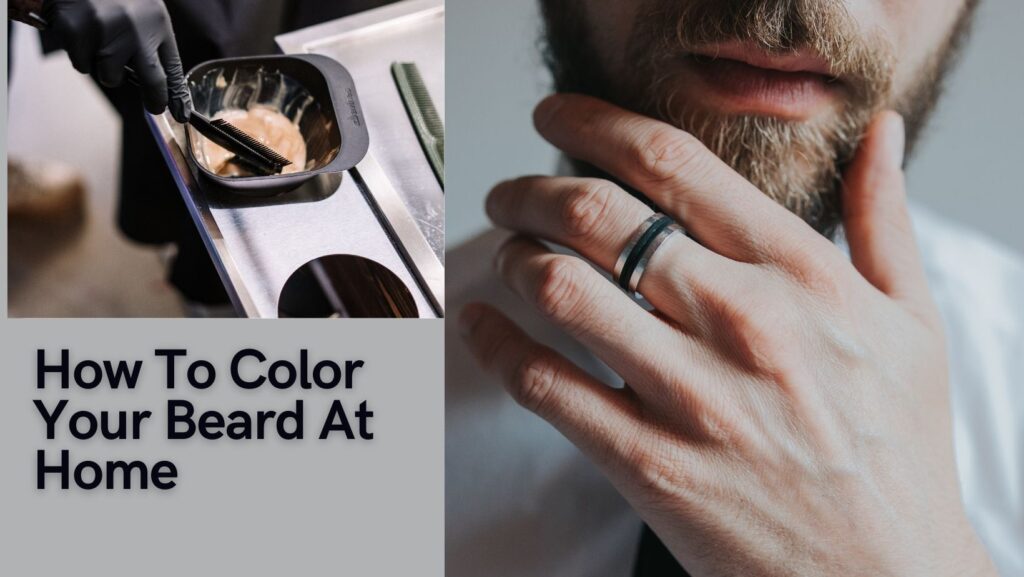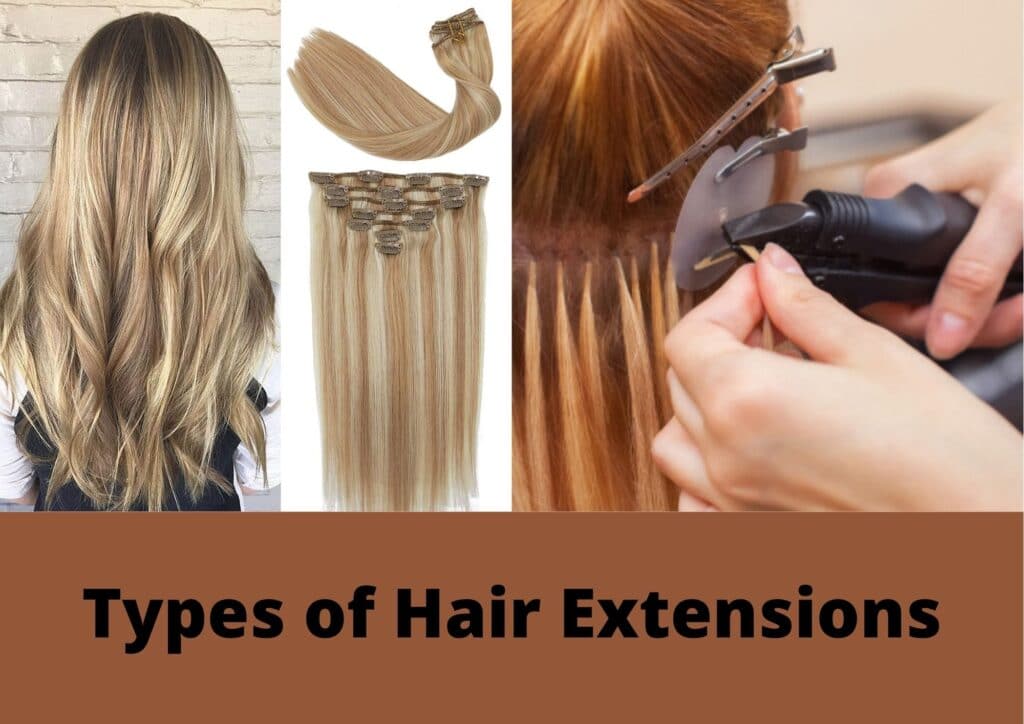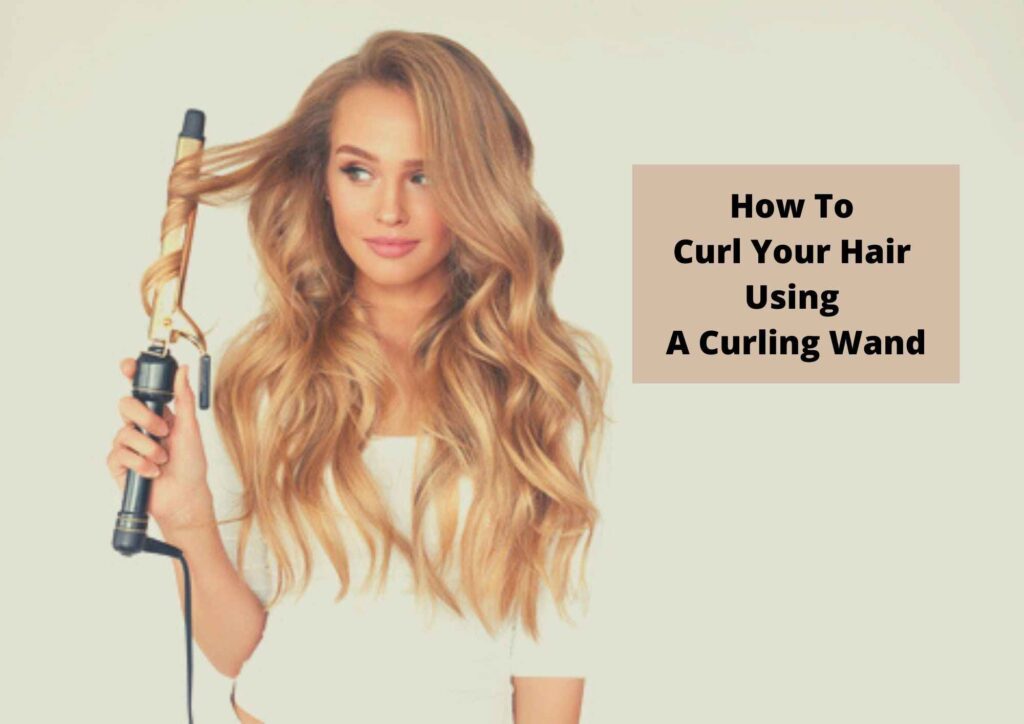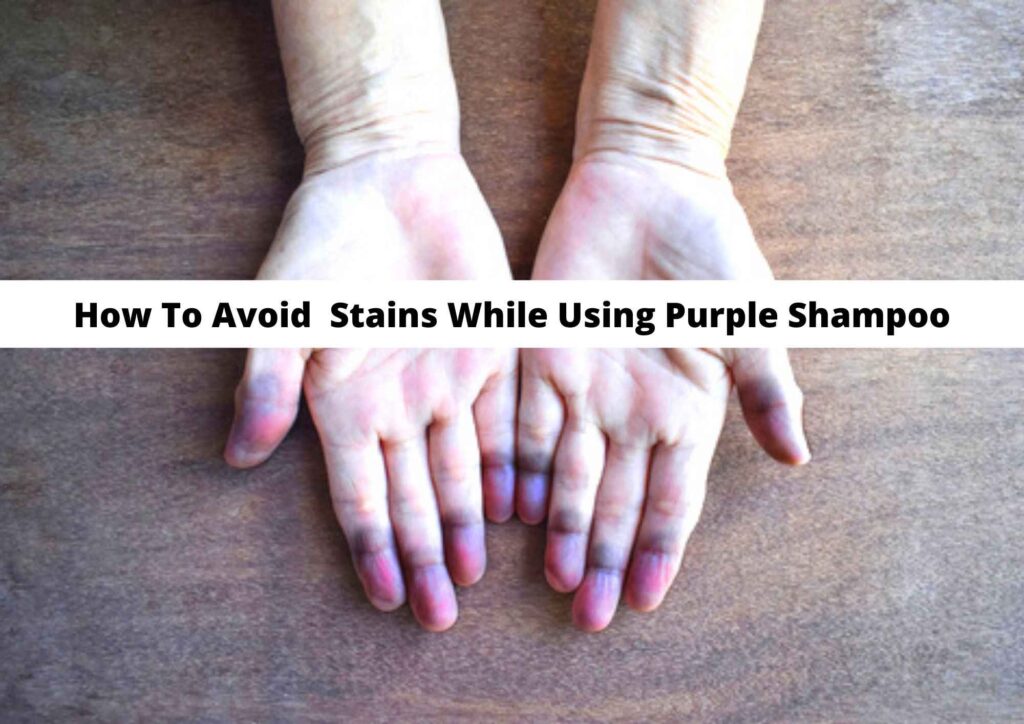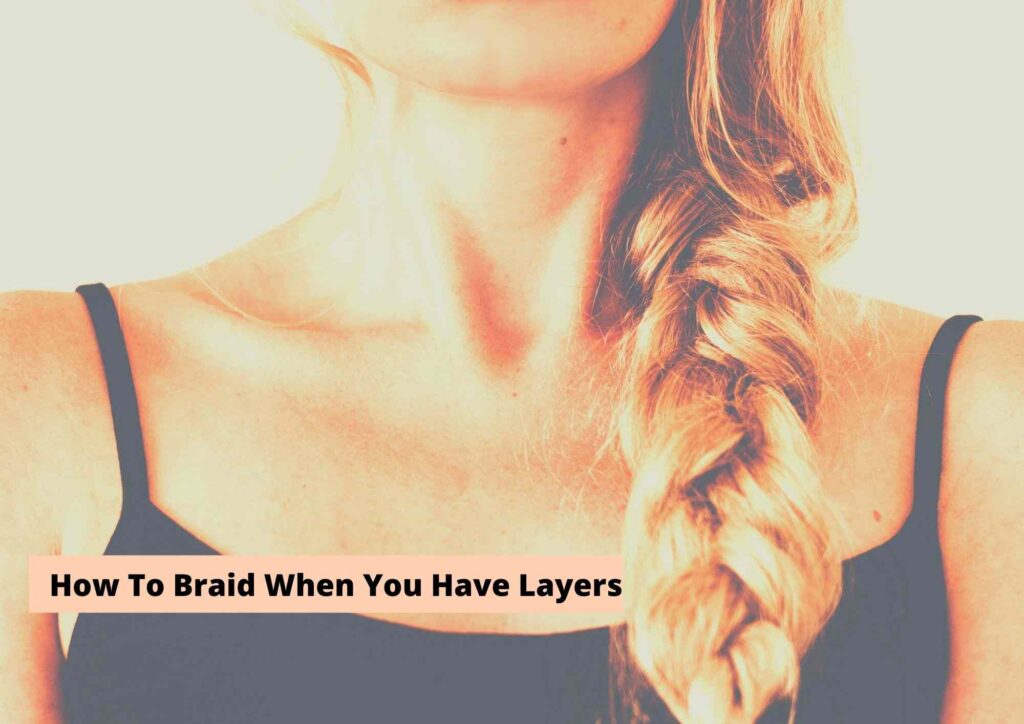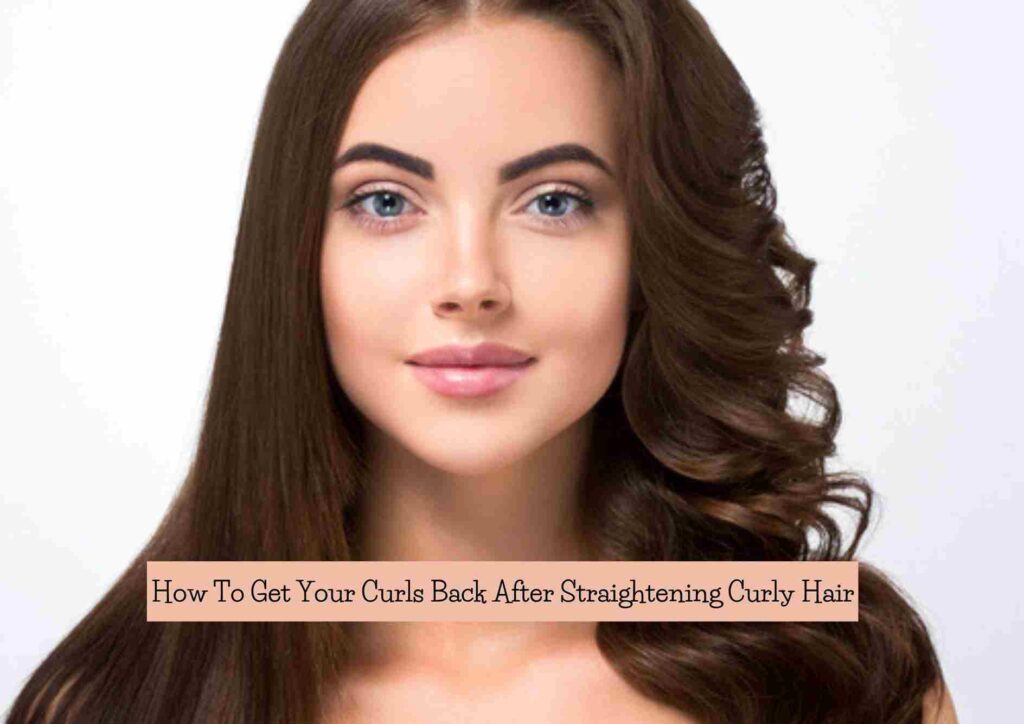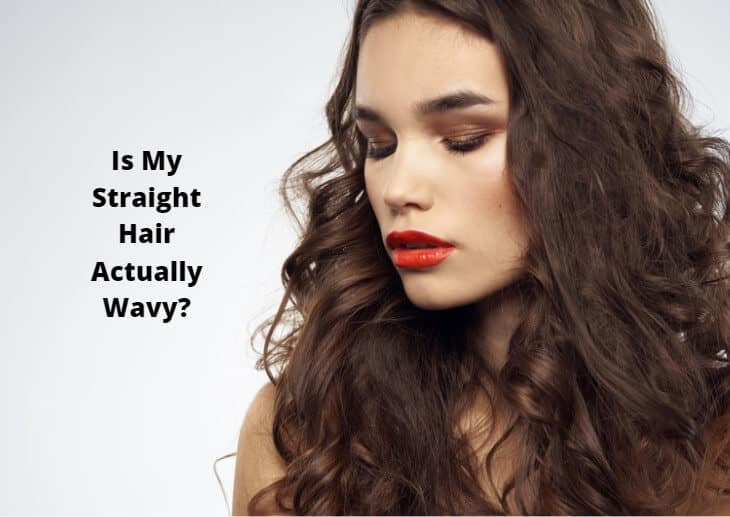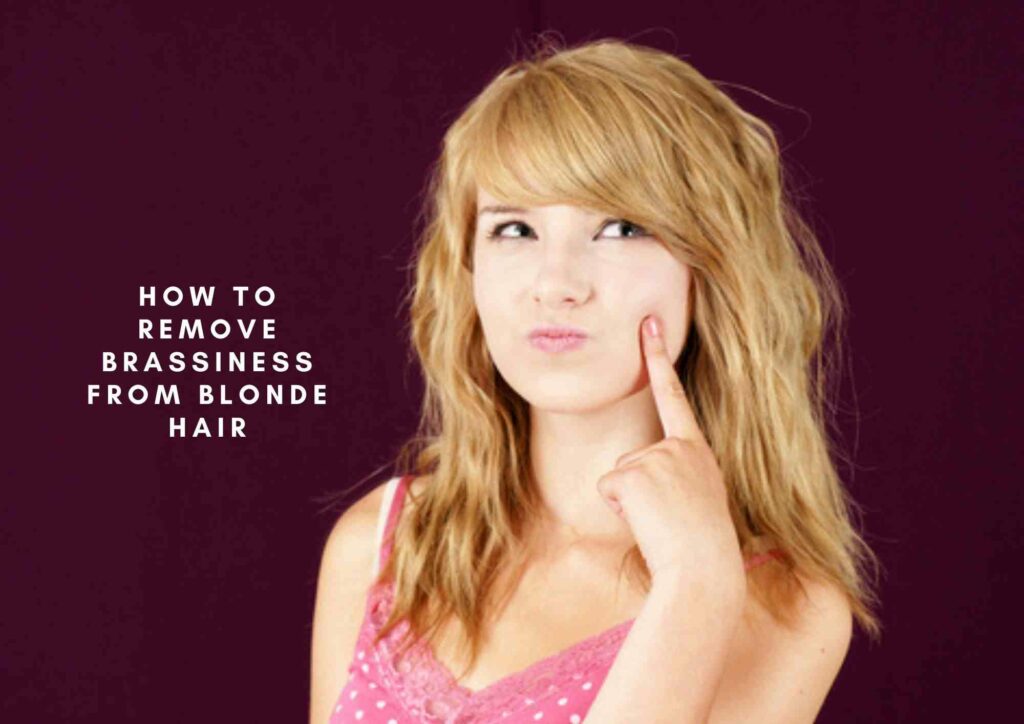“Get insights into the question ‘Are Hair Extensions Made From Real Hair’ and make informed choices for your hair enhancement needs.” Curious about hair extensions? Wondering if they’re made from real hair? Explore the world of hair extensions and learn about the materials used.“
Hair extensions have become a popular way to add length, volume, and versatility to our hairstyles.
But have you ever wondered where those extra locks of hair come from? Are hair extensions made from real human hair, or are they purely synthetic?
In this article, I’ll dive deep into the world of hair extensions, shedding light on their composition, sources, lifespan, ethical considerations, and even the debate between human hair and synthetic options.
10A 36 38 40 Inch Human Hair Bundles Brazilian Hair Weave Bundles Straight Human Hair Bundles 30 Inch Bundles Hair Extensions 👇
— Godiva Oya Bey INC (@GodivaOyaBey) August 20, 2023
https://t.co/jpIeXJoVKY pic.twitter.com/M5chzvAOPM
Are Hair Extensions Made From Real Hair?
Yes, hair extensions can be made from real human hair, but it’s essential to note that not all hair extensions are created from human hair. Some hair extensions are indeed 100% human hair, while others are a blend of human and synthetic materials or entirely synthetic.
Here’s a breakdown of the different types of hair extensions:
1. Human Hair Extensions: These extensions are made entirely from real human hair. They are highly sought after for their natural look, feel, and versatility. Human hair extensions can be styled, colored, and treated just like your natural hair.
2. Blend Hair Extensions: Blend hair extensions are a combination of human hair and synthetic fibers. These extensions aim to provide a balance between the affordability of synthetic hair and the natural appearance of human hair. While they offer some styling options, they may not have the same heat resistance or longevity as pure human hair extensions.
3. Synthetic Hair Extensions: Synthetic hair extensions are made entirely from synthetic materials, such as plastic or polyester fibers. They are generally more budget-friendly but may not have the same realistic appearance as human hair extensions. Synthetic extensions often come pre-styled and may not be suitable for heat styling.
When shopping for hair extensions, it’s essential to check the product description or consult with the supplier to determine the type of extensions you are purchasing.
The choice between human hair, blend, or synthetic extensions depends on your preferences, budget, and styling needs. Human hair extensions offer the most natural look and versatility, while synthetic options may be more budget-friendly and require less maintenance.

How Do You Tell If Your Hair Extensions Are Real Human Hair?
When it comes to determining whether your hair extensions are made from real human hair or are synthetic, here are some key indicators to look for:
1. Heat Resistance: Real human hair extensions can withstand heat styling, such as straightening or curling, just like your own hair. If the extensions melt or become damaged when exposed to heat, they are likely synthetic.
2. Texture and Feel: Human hair extensions should feel soft and have a natural texture similar to your hair. Synthetic hair often feels coarser and may have a plastic-like texture.
3. Tangle Test: Real human hair extensions are less prone to tangling compared to synthetic hair. Run your fingers through the hair; if it tangles easily, it’s likely synthetic.
4. Color Variations: Human hair extensions often have natural color variations, just like real hair. Synthetic hair tends to have a more uniform color.
5. Burning Test: This is a less common method, but you can snip a small strand of the hair and burn it. Human hair burns slowly and smells like burnt hair, while synthetic hair melts quickly and has a distinct chemical odor.
6. Shedding: All hair extensions can shed to some extent, but excessive shedding may be a sign of poor-quality human hair or synthetic extensions.
If you’re still unsure about the authenticity of your hair extensions, consider consulting with a professional hairstylist or a reputable salon for their expertise.
Where Does The Hair Come From For Hair Extensions?
Human hair for extensions comes from various sources around the world, and the origin can significantly affect the quality and price of the hair. Here are some common sources:
1. India: Indian hair is highly prized for its fine texture and natural wave. Much of it comes from temples, where people donate their hair as part of religious rituals. This ethically sourced hair is often of high quality.
2. China: China is a significant supplier of human hair for extensions. Chinese hair is typically more affordable but can vary in quality.
3. Southeast Asia: Hair from countries like Vietnam and Cambodia is known for its thickness and natural straightness. This hair is often highly sought after.
4. Europe: European hair is considered some of the finest in terms of texture and color. It’s often used for high-end, premium extensions.
5. South America: Hair from countries like Brazil is known for its natural curl and thickness. It’s particularly popular for curly hair extensions.
6. Eastern Europe and Russia: This region provides hair that is similar in quality to European hair but can be more affordable.
It’s essential to note that the hair extension industry has faced ethical concerns related to the sourcing of human hair. Some suppliers may exploit individuals in economically disadvantaged areas, so it’s crucial to choose companies that prioritize ethical sourcing and fair compensation for hair donors.
How Long Do Real Human Hair Extensions Last?
The lifespan of real human hair extensions can vary depending on several factors:
1. Quality: High-quality human hair extensions can last longer than lower-quality ones. Premium hair is often more durable and can withstand daily wear and styling.
2. Maintenance: Proper care and maintenance are essential for prolonging the life of your extensions. This includes using sulfate-free shampoos and conditioners, detangling gently, and avoiding excessive heat styling.
3. Attachment Method: The way the extensions are attached can affect their longevity. Clip-in extensions are temporary and can last for several months to a year with proper care. Semi-permanent methods like tape-ins or sew-ins may last anywhere from two to six months before needing maintenance.
4. Wear and Tear: How often you wear your extensions and the activities you engage in can impact their lifespan. Extensions worn daily may need replacement sooner than those used only for special occasions.
5. Hair Care Products: The quality of the hair care products you use can affect the extensions. Using products that are too harsh or contain damaging ingredients can shorten their lifespan.
Generally, high-quality human hair extensions, when well-maintained, can last anywhere from six months to a year or even longer. It’s essential to follow care instructions and schedule maintenance appointments as needed to ensure they look their best.
Are Real Human Hair Extensions Ethical?
The ethical considerations surrounding human hair extensions primarily revolve around the sourcing of the hair. There have been reports of unethical practices, such as exploitation and inadequate compensation of hair donors in some regions.
To support ethical practices in the hair extension industry:
1. Choose Reputable Brands: Research and choose brands that prioritize ethical sourcing and fair compensation to hair donors. Look for companies that are transparent about their sourcing practices.
2. Donate Your Hair: Consider donating your own hair to organizations that use it for charitable purposes, such as creating wigs for cancer patients. This ensures your hair is used for a good cause.
3. Ask Questions: When purchasing extensions, don’t hesitate to ask your hairdresser or the brand about the sourcing practices. Ethical brands should be willing to provide information.
4. Support Ethical Initiatives: Support organizations and initiatives that advocate for ethical practices in the hair industry and raise awareness about the issue.
By making informed choices and supporting ethical practices, you can contribute to positive change within the hair extension industry.

Where Do Blonde Hair Extensions Come From?
Blonde hair extensions, like extensions in other colors, can come from various sources worldwide. The color of the hair often depends on the region of origin. Here’s how blonde hair extensions are typically sourced:
1. Natural Blondes: Some hair donors have naturally blonde hair. In regions with a higher percentage of natural blondes, such as Northern Europe, blonde hair extensions can be sourced directly from donors.
2. Color Treatment: Hair extensions can be processed and dyed to achieve blonde shades. This is a common practice, as it allows for a wider range of color options to meet customer preferences.
3. Blending Techniques: Many hairdressers use blending techniques to mix different shades of hair extensions to achieve the desired blonde tone. This provides a natural look by mimicking the multi-dimensional shades found in natural blonde hair.
When choosing blonde hair extensions, you can opt for those made from naturally blonde hair if available or select extensions that have been professionally dyed to achieve the desired shade.

Are Synthetic Hair Extensions Better Than Human Hair Extensions?
The choice between synthetic hair extensions and real human hair extensions depends on your specific needs, preferences, and budget. Here are some factors to consider when comparing the two:
Synthetic Hair Extensions:
– Affordability: Synthetic hair extensions are generally more budget-friendly than human hair
extensions.
– Low Maintenance: They require less maintenance and styling since the hair’s texture and style remain consistent.
– Color Variety: Synthetic extensions come in a wide range of colors and styles, including vibrant and unconventional options.
– Allergies: Some individuals may have allergies to certain synthetic materials, so it’s essential to check the composition if you have sensitivities.
– Limited Heat Styling: Synthetic hair is not heat-resistant and can melt or become damaged if exposed to high temperatures.
Human Hair Extensions:
– Natural Look and Feel: Human hair extensions have a more natural look and feel, making them blend seamlessly with your own hair.
– Heat Styling: They can withstand heat styling, allowing for versatility in creating different hairstyles.
– Longevity: High-quality human hair extensions can last longer with proper care, making them a more cost-effective choice in the long run.
– Customization: Human hair extensions can be colored, cut, and styled to match your preferences and desired look.
– Ethical Considerations: Many people prefer human hair extensions due to ethical concerns associated with some synthetic production processes.
Ultimately, the choice between synthetic and human hair extensions depends on your priorities. If you’re looking for a more natural appearance, versatility, and long-term use, real human hair extensions may be the better option. However, if you’re on a budget or want a specific color or style for a short-term occasion, synthetic extensions can be a suitable choice.
In conclusion, hair extensions made from real human hair offer a natural look and feel, but it’s essential to ensure ethical sourcing.
By understanding the differences between human and synthetic extensions, you can make an informed choice that suits your needs and preferences. Whether you’re looking to add length, volume, or a pop of color, hair extensions can be a fun and transformative addition to your hairstyle repertoire.
Why You Should Trust Haireveryday?
The author of this article, Leah Marie Priest has a degree in Cosmetology with years of experience in dealing with hair care, scalp care, and hairstyling. As someone who extensively deals with all kinds of hair textures, products, styling methods and more, hair Leah Marie knows what kind of products and procedures suit each hair type and person. We have also tested these hair products and processes ourselves to provide you an unbiased review about every product. Each of our articles are also reviewed by a team of medical professionals so that you get the most accurate and expert-reviewed information.
Also Read:
Can I Swim With Clip in Hair Extensions
How To Wash A Wig With Fabric Softener
Are Hair Extensions Made From Real Hair
To Summarize

